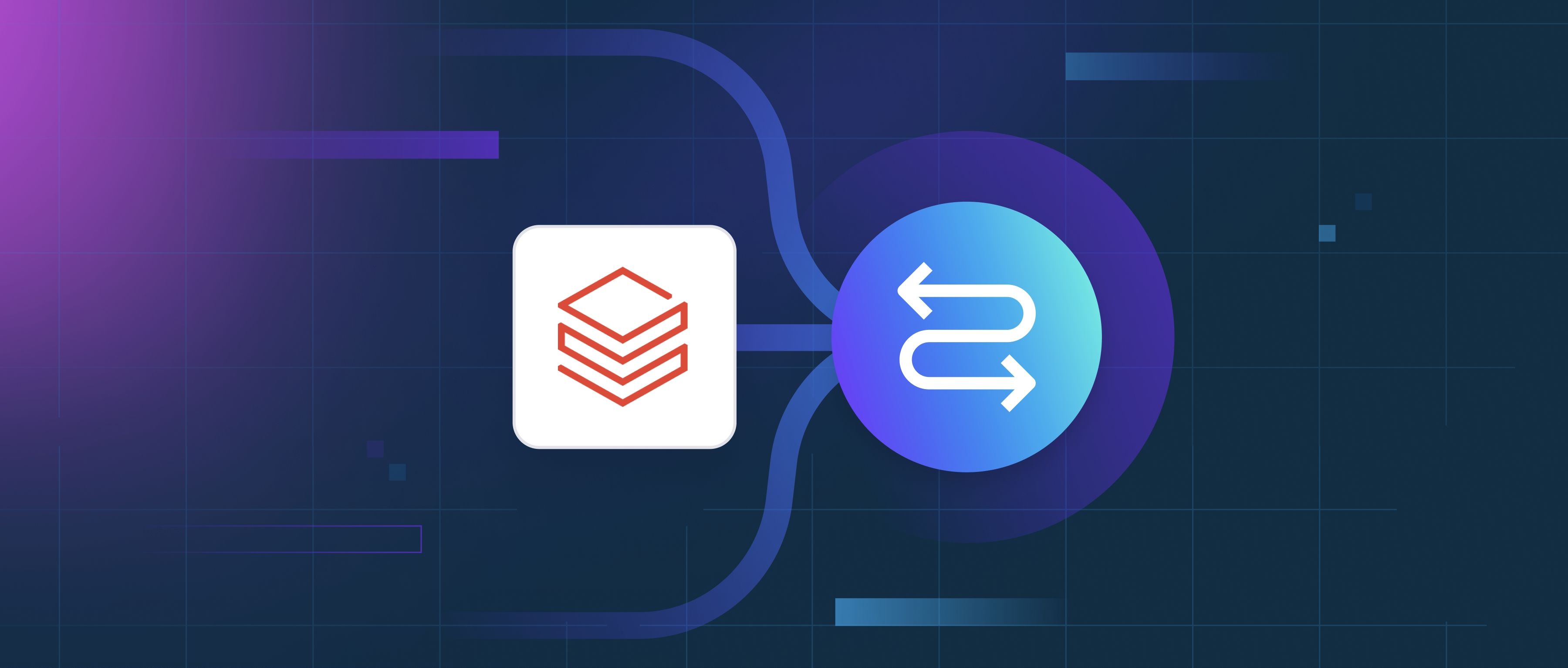DeepResearch is a data-intensive approach that leverages advanced computational tools, such as machine learning, natural language processing (NLP), and large-scale data analysis, to uncover patterns and insights from complex or unstructured datasets. Unlike traditional research, which often follows a linear, hypothesis-driven process, DeepResearch prioritizes scalability and automation, enabling researchers to process vast amounts of data quickly. For example, instead of manually coding survey responses, DeepResearch might use NLP models to analyze millions of social media posts or academic papers, identifying trends that would be impractical to detect through conventional methods. This approach is particularly effective in fields like genomics or climate science, where datasets are too large or intricate for traditional statistical tools.
A key difference lies in methodology structure. Traditional research typically starts with a hypothesis, collects structured data (e.g., controlled experiments or surveys), and uses statistical methods like regression analysis. In contrast, DeepResearch often begins with exploratory data analysis, allowing patterns to emerge organically. For instance, a pharmaceutical company using traditional methods might test a specific drug compound’s efficacy through clinical trials, while a DeepResearch approach could analyze genomic databases with AI to identify potential drug candidates without predefined targets. This shift from hypothesis-first to data-first reduces bias and opens avenues for unexpected discoveries.
Another distinction is the tools and infrastructure required. Traditional research relies on software like SPSS or Excel for analysis, whereas DeepResearch depends on distributed computing frameworks (e.g., Apache Spark), machine learning libraries (e.g., TensorFlow), and cloud storage. Developers might build pipelines to preprocess terabytes of sensor data from IoT devices, train models to predict equipment failures, and deploy these models in real-time systems—tasks beyond the scope of manual analysis. While traditional methods excel in controlled, small-scale scenarios, DeepResearch addresses modern challenges like analyzing real-time social media trends or optimizing supply chains with dynamic, large-scale data. This makes it more adaptable to industries where speed, scalability, and unstructured data are critical.
